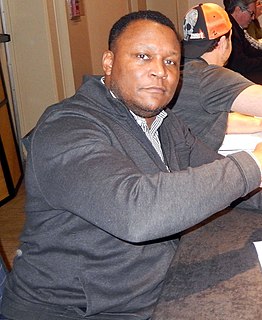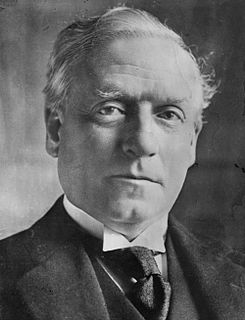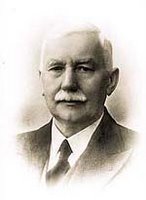A Quote by Edward Abbey
It is an author's most solemn obligation to honor truth. If the free and independent writer does not speak truth to power, who will?
Related Quotes
Confession frees, but power reduces one to silence; truth does not belong to the order of power, but shares an origincal affinity with freedom: traditional themes in philosophy, which a political history of truth would have to overturn by showing that truth is not by nature free--nor error servile--but that its production is thoroughly imbued with relations of power. The confession is an example of this.
If people depend on me to be a man of truth, I have to prove again and again and again and again that I am a man of truth. It cannot be that on Monday I am a man of truth, on Tuesday I speak three-quarters truth, Wednesday I speak half-truth, on Thursday I speak one-quarter truth, on Friday I don't speak at all, and on Saturday I can't even think how to speak the truth.
Satyagraha means insistence on what one knows to be the truth. The insistence implies the exercise of free will as the need of social obligation. If one is content to know the truth himself, he does not become a votary of Satyagraha. A Satyagrahi should not only know the truth but should insist upon it in social relations. So Satyagraha is activation of truthfulness.
When you are deeply peaceful and confident that, because of Christ, God will bring you safely to his eternal kingdom and be the all-satisfying Treasure of your life forever, then you are free to see the truth, and love the truth, and speak the truth no matter what, and joyfully spread a passion for the truth whose name is Jesus.
If I am asked what we are fighting for, I can reply in two sentences. In the first place, to fulfil a solemn international obligation . . . an obligation of honor which no self-respecting man could possibly have repudiated. I say, secondly, we are fighting to vindicate the principle that small nationalities are not to be crushed in defiance of international good faith at the arbitrary will of a strong and overmastering Power.
an Autobiography is the truest of all books; for while it inevitably consists mainly of extinctions of the truth, shirkings of the truth, partial revealments of the truth, with hardly an instance of plain straight truth, the remorseless truth is there, between the lines, where the author-cat is raking dust upon it which hides from the disinterested spectator neither it nor its smell... the result being that the reader knows the author in spite of his wily diligences.
A desire for privacy does not imply shameful secrets; Moglen argues, again and again, that without anonymity in discourse, free speech is impossible, and hence also democracy. The right to speak the truth to power does not shield the speaker from the consequences of doing so; only comparable power or anonymity can do that.



































